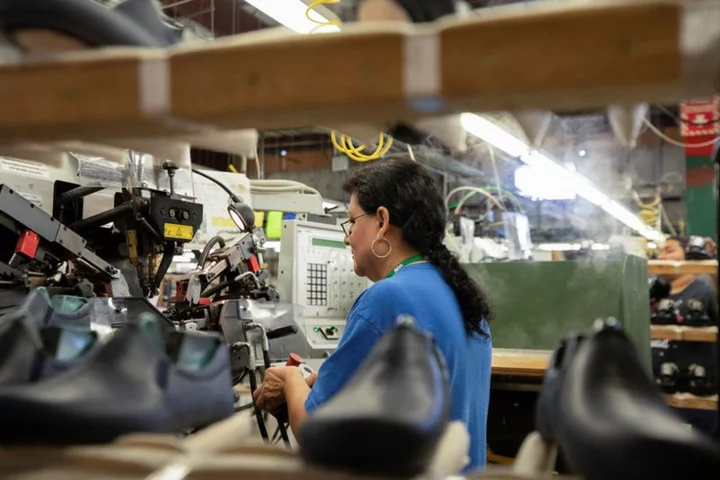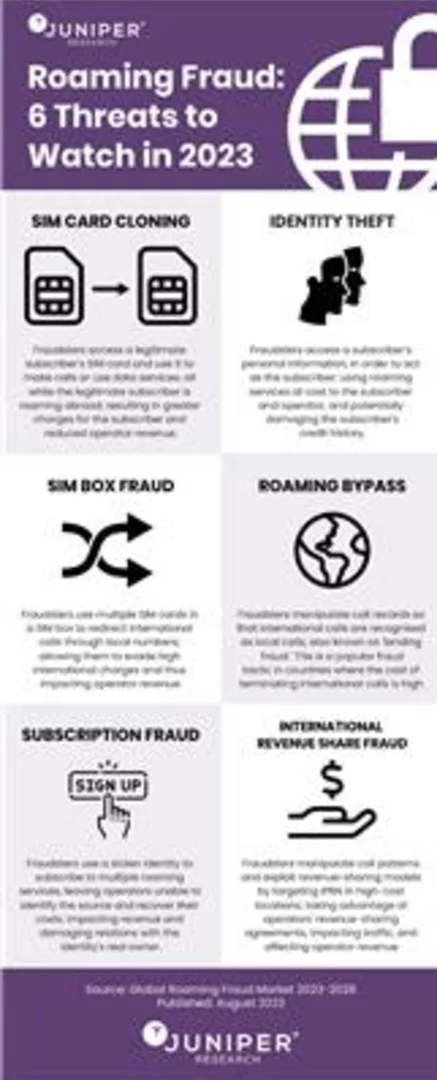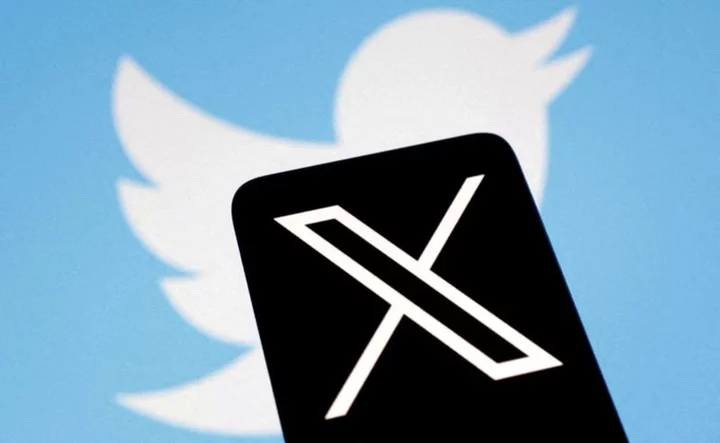Hong Kong's currency is facing its biggest test since the global financial crisis of 2008.
The former British colony still pegs the value of its money to that of the US dollar. It's an arrangement that dates back almost four decades and has long been considered a guarantee of financial stability and prosperity.
But in recent months, the Chinese city's de facto central bank has had to burn through a huge chunk of cash buying Hong Kong dollars to maintain the peg to the US currency.
Traders are exploiting uncertainty over Hong Kong's future as an international financial center and differences in interest rates between the city and the United States. Geopolitical tension and Beijing's tighter grip, in particular, are denting its long-term outlook as a global financial hub.
Hong Kong's aggregate balance, a gauge of liquidity levels in the banking system, has declined rapidly over the past year, and is down more than 90% from its peak in 2021. It fell to just 44.76 billion Hong Kong dollars ($5.7 billion) by Monday, the lowest level since November 2008.
The steep fall is a sign that investors are ditching the Hong Kong dollar. The city still has ample foreign reserves that can be used to prop up the currency, according to officials. But that hasn't quelled market worries. Some analysts are urging the city to cut loose from the US dollar completely.
"Hong Kong's currency peg to the dollar is not sustainable. The city risks being increasingly led by US monetary policy," independent economist Andy Xie wrote last month. "As global yuan demand grows, switching to that currency would boost Hong Kong's financial fortunes."
Logan Wright, partner and head of China market research at the Rhodium Group, pointed out in March that risks to the Hong Kong dollar peg come mainly from market uncertainty about Beijing's intentions for the currency. Worries that money might be leaking out of China — despite strict capital controls — via Hong Kong could prompt Beijing to act if the flight of cash intensifies, he added.
Some hedge funds, such as billionaire Bill Ackman's Pershing Square Capital Management, have reportedly taken large positions against the Hong Kong dollar. Ackman tweeted in November that "it is only a matter of time" before the peg breaks.
The most likely alternative to maintaining the link to the US dollar would be to peg the currency to China's yuan, Wright wrote.
Why is the Hong Kong dollar pegged?
Hong Kong has had to confront large capital outflows before. About 40 years ago, global investors panicked during negotiations between Britain and China over the city's future, triggering a sharp depreciation in the value of the Hong Kong dollar.
The plunge was so sudden and severe that officials decided to impose the strongest form of fixed exchange rate systems, the currency board.
That system has served Hong Kong well since, helping the city to navigate successfully through the Asian financial crisis, the outbreak of Severe Acute Respiratory Syndrome in 2003, the collapse of investment bank Lehman Brothers in 2008 and the Covid-19 pandemic.
The Hong Kong Monetary Authority (HKMA) is committed to keeping the Hong Kong dollar between 7.75 and 7.85 per greenback. When the currency reaches either end of the band, the authority will intervene and defend the peg, through buying or selling Hong Kong dollars on the currency market.
By selling US dollars to buy Hong Kong dollars, the HKMA withdraws cash from the banking system, reducing the city's aggregate balance and causing interest rates to rise. This strengthens the Hong Kong dollar, enabling it to stay within the trading band. The same is true in reverse.
So what's the problem?
But pressure has been building on the Hong Kong dollar.
Since last May, the currency has touched 7.85, the weak end of the band, more than 40 times, prompting the HKMA to buy nearly 289 billion Hong Kong dollars ($37 billion) from banks to shore up its value, according to statistics released by the authority early last month.
The slump started in early 2021, when there was a decline in the flow of investments from mainland China into Hong Kong stocks as Beijing cracked down on the country's internet giants and education companies, many of which are listed in the city.
But in the last 18 months, US interest rates have been the main driver for the pressure on Hong Kong's currency.
Aggressive rate hikes by the US Federal Reserve have encouraged traders to engage in a so-called "carry trade," borrowing Hong Kong dollars and using them to buy assets in US dollars that earn higher interest.
The key force behind the capital outflows has been the fact that Hong Kong banks have lagged behind US banks in raising market rates, said Chi Lo, senior market strategist for Asia Pacific at BNP Paribas Asset Management, even as the HKMA has raised its official interest rates in lock step with the Fed.
Why are worries mounting?
But rising interest rates are hobbling the Hong Kong economy at a time when it's trying to recover from tough Covid-19 restrictions.
Higher rates also add to headwinds affecting the city's property market, which was already facing pressure from an exodus of people and capital due to political turmoil. Beijing has tightened its grip on Hong Kong in recent years, sparking mass protests and drawing global criticism. It imposed a sweeping national security law in 2020, which critics fear makes it easier to crack down on free speech and dissent.
The economic and social costs of maintaining Hong Kong's dollar peg have become untenable, according to some investors.
"Hong Kong's best days are behind it. China's political interference has only risen. The working population, especially higher earners in finance, is shrinking," wrote Richard Cookson, head of research and fund manager at Rubicon Fund Management, in an opinion piece for Bloomberg late last year.
"It is that huge surge in debt, falling asset prices, and ever cloudier outlook for Hong Kong's economy which makes defending the peg so much more problematic than during the Asian crisis of the late 1990s," he said.
Ackman, and Boaz Weinstein, founder of Saba Capital Management, have tweeted their support for this view.
The institutional structure that underpins confidence in Hong Kong's dollar peg may also have started cracking.
"Hong Kong's legal and institutional structure has changed fundamentally since the implementation of the National Security Law in 2020," said Rhodium's Wright in March.
"It is highly unusual in global finance for any one sovereign country to issue two separate currencies, and to run two separate monetary policies."
One of the primary benefits of Hong Kong's position to Beijing is the fact that the territory permits capital to flow to and from mainland China, in a legal and institutional system more appealing and understandable to foreign investors and financial institutions.
But if China were facing considerable capital flight, Hong Kong's open market environment could appear as a vulnerability rather than a benefit to Beijing, Wright said.
Authorities may have no interest in changing Hong Kong's currency system just yet, but "most importantly, financial markets will start looking to Beijing to assess those preferences, rather than the words of the HKMA or other Hong Kong authorities," he added.
Is the yuan a better option?
So could Hong Kong align itself instead with the currency used by the rest of China?
Yes, according to Xie, who said embracing the yuan could stabilize Hong Kong's markets, because China's interest rates are expected to stay lower than US rates due to lower inflation.
Sticking with a US-pegged currency would mean continued exposure to volatility, he added. Entrenched US inflation could bring back dollar swings like in the 1970s, or US interest rate surges like in the 1980s. It could "devastate" Hong Kong's property market.
Riding on the yuan's rise would also be "a big plus" for Hong Kong, because the yuan's share in global payments and currency reserves is bound to rise, he argued.
Will it happen? In short, not yet, according to officials and many analysts.
Eddie Yue, chief executive of the HKMA, said in early May that even as the city's overall aggregate balance has fallen, local banks have had no issues with liquidity.
Banks have more than $154 billion worth of collateral they can use to obtain liquidity from the HKMA when necessary, he added. And in an emergency, Hong Kong officials could tap official foreign currency reserves worth $427 billion.
"We continue to expect the HKMA to maintain a pegged exchange rate regime and safeguard financial stability with regulatory measures," S&P Global Ratings said late last month. The rating agency also affirmed its "AA+" and "A-1+" issuer credit ratings on Hong Kong.
John Greenwood, credited as the chief architect of Hong Kong's dollar peg after an article he wrote in 1983 provided the basis for the system, said ditching the peg would hurt the city's role as an international financial center.
"A large proportion of Asia's trade and capital transactions are still denominated in US dollars," he told CNN. "Pegging the Hong Kong dollar to the US dollar encourages such transactions to be carried out in Hong Kong and under Hong Kong law, even if neither party is based in Hong Kong."
This helps to create jobs and prosperity in Hong Kong, while also benefiting mainland China.
In addition, it would not be possible to operate a Hong Kong-style international financial center if the yuan became the de facto currency in the city, Greenwood said.
The Chinese currency is subject to strict capital and exchange controls. Adopting the yuan in Hong Kong would imply adopting some of China's financial controls in Hong Kong, or at least a far greater convergence of the city's and mainland Chinese financial systems.
"Hong Kong would not be able to operate a system that was fully and freely convertible to the mainland [currency] without undermining some of China's financial controls," Greenwood said.









